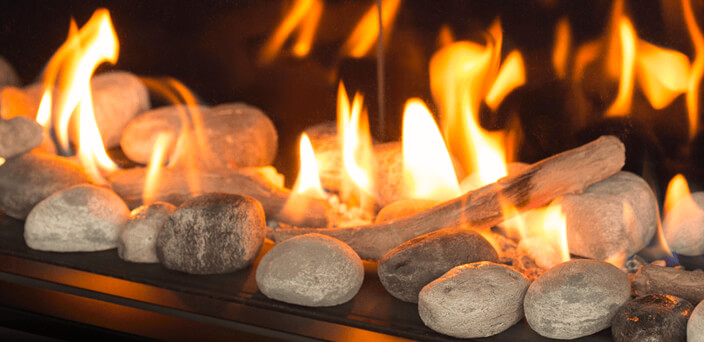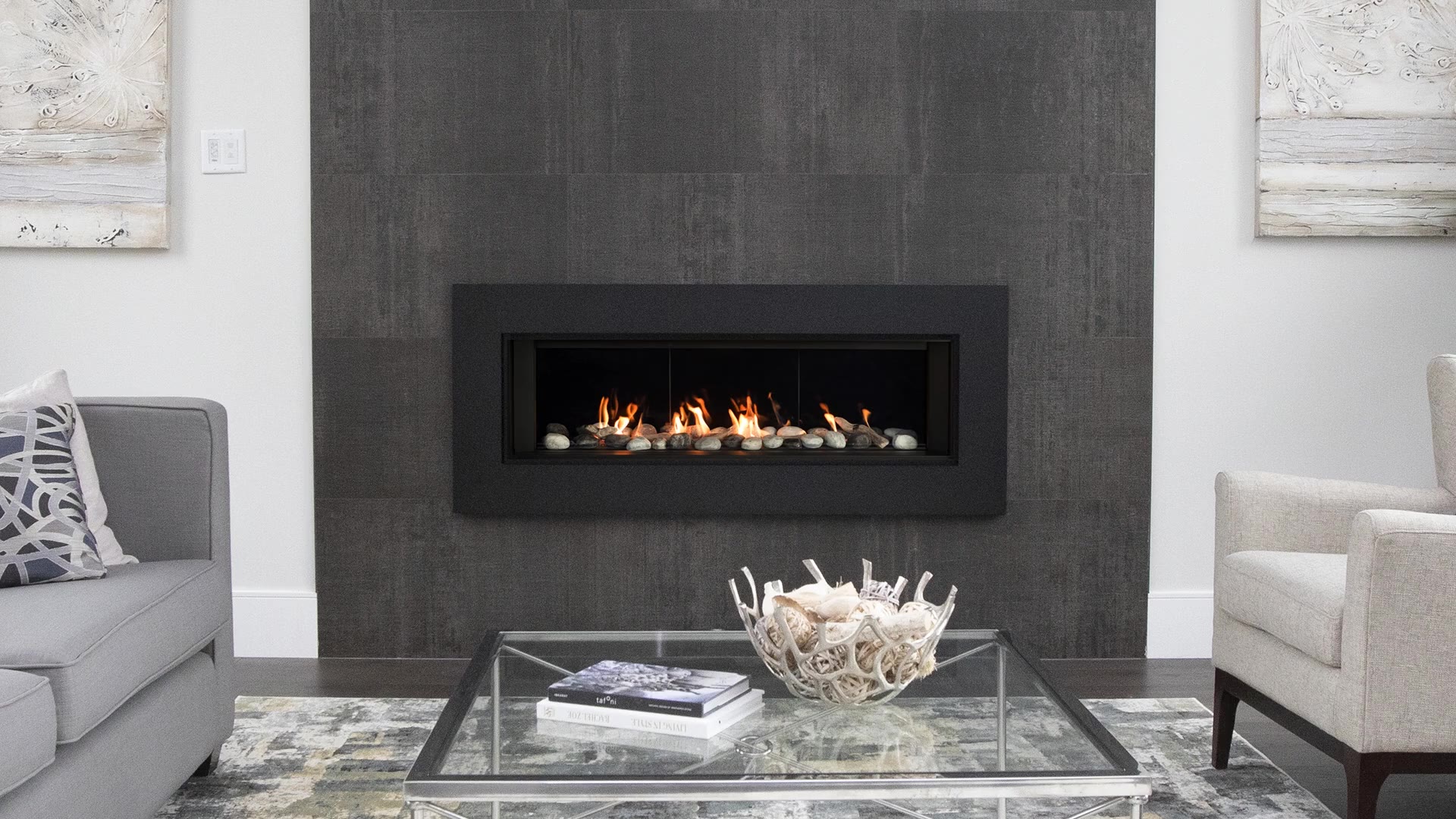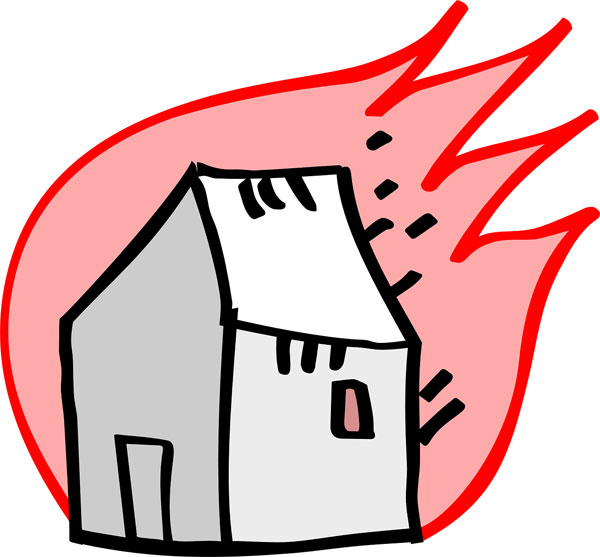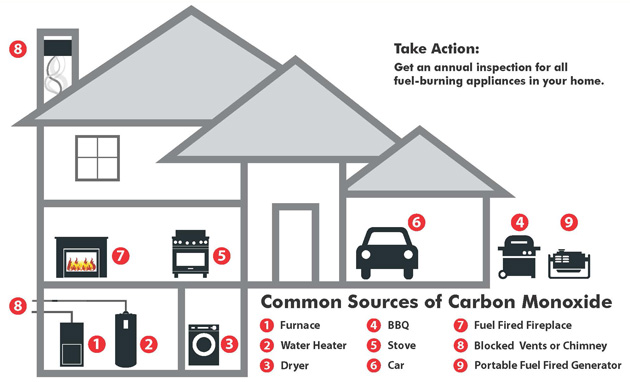How To Keep Your Pet Safe Around The Gas Fireplace
Pet safety around the gas fireplace may not be your first thought, as most times, we assume that our cat or dog will know better. But most pets will let the curiosity get the best of them and check out the flickering flames of a gas fireplace, which means we have to ensure their safety. Now, if you plan to purchase or already own a gas Fireplace in Vancouver, you may already know about the safety barrier that comes included with every fireplace purchased after January 1st, 2015.
Gas fireplace barrier screens protect the whole family, all the way down to our furry friends from the glass and heat of the gas fireplace. However, it is essential to know what else you can do to keep your pet safe around your home gas fireplace.
Direction
Giving your pet direction and training regarding gas fireplace safety is super important as it’s an instinct for them to be curious about new areas and items in the house. Try to encourage your pet to stay a safe distance away by placing a bed or blanket at the appropriate length away and reward them for sitting or sleeping in the designated safe area.
Playtime
Another excellent tip for fireplace safety with pets is to make sure that playtime never takes place near the fireplace. Make sure always to avoid throwing toys in the direction of your gas fireplace as it will encourage your pet to get closer to the hot fireplace glass. By adding this simple action into your daily routine you will give your pet the freedom to have fun while staying safe and away from the heat and fire.
Keep Watch
When you flip on your gas fireplace for warmth and comfort, make sure your pet is away from the area. It’s essential to keep a close eye on all little and furry friends in the house as it can be easy for them to sneak over and check things out.
Home Safety Tips for Gas Fireplace
MetroBC HVACR Ltd wants to ensure that all of our customers remain safe when operating Vancouver gas fireplaces, and to help we have developed a list of home safety tips.
First and foremost, it’s important to remember that fireplace surfaces such as the glass window are extremely hot during operation (over 500°F at full capacity!). When you turn your gas fireplace off, that glass window and surrounding areas will remain hot for a period of time so please ensure caution when small children, pets or guests are in the room. We suggests close adult supervision during operation times and the use of a physical barriers.
A gas fireplace barrier separates any small children or pets from the fireplace
Metro’s Gas fireplace Safety Tips
• Valor Barrier Screens – All gas fireplaces have been factory equipped with barrier screens since 2013, but if you don’t have one we suggest buying one.
• Maintain a Safe Distance From Hot Surfaces – We recommend placing furniture, draperies and other objects at least 36″ from the front of the fireplace.
• Remote Control Handset Placement – Ensure the remote is out of reach of children. A wall mount kit is included with your purchase.
• Glass Remains Hot – As talked about above, the glass will remain hot even after the fireplace has been turned off for a period of time.
• Schedule Routine Maintenance – Scheduling routine maintenance checks with Metro Vancouver Heating Services to ensure safe, effective use of your gas fireplace. This will also help increase the expected service life of your fireplace.
When researching a gas fireplace for your home, you may see terms or phrases that aren’t clear or properly explained. This can be especially true when determining the type of installation needed for your specific space. a zero-clearance gas fireplace? a gas insert or freestanding gas stove?
Contact MetroBC HVACR Ltd to find out about gas fire
Install a Gas fireplace and add value to your home
Whether you are thinking about flipping or upgrading your existing home, keeping the value you of your home in mind is very important. Most of the time, we are looking for ways to add value to our house, and one way to do that would be to add a radiant Valor gas fireplace.
When you’re weighing what is best for your home and the overall value, consider the questions below before you make your final decisions:
How Does Adding A Fireplace To My Home Add Value?
An efficient gas fireplace can help save you long term energy costs and increased comfort throughout your home. Benefits of owning a gas fireplace include:
• A direct vent, sealed combustion gas fireplaces eliminate any unwanted drafts and/or heat loss.
• A remote pilot ignition system allows you to easily turn the pilot light on and off, saving on fuel and energy costs.
• Zone Heating saves money by providing a steady, even heat in the spaces you frequent the most.
• a self-modulating gas fireplace uses less energy to produce a beautiful and realistic radiant fire
• Save energy with a gas fireplace that does not require electricity or a fan to heat your home.
What Are The Biggest Benefits Of A Gas Fireplace?
Installing a gas fireplace, insert or stove provides safety, control, and home energy savings throughout your home. Efficiency features and radiant heat provide steady-event comfort for you and your family, all year around.
On top of that, when the power fails, your gas fireplace won’t. Engineered to circulate air through natural convection, Valor fireplaces are highly efficient without a fan – providing reliable heat, even during a power failure.
To learn more about gas fireplaces, features, and available products please visit metrobcheatingservices.com
Dirty Furnace Fire Hazard
When your furnace sits idle through the warm months of the year, dust and debris can accumulate on the heater coils. The first time you turn on the the furnace after months of not using it, the dust will “burn off” but, depending on the amount of dust on the system, instead of burning off, the dust could catch fire.
This why it is recommended to have you furnace cleaned at least once a year and, preferably, before turning it on for the first time each year.
Additionally, gas furnaces need proper ventilation to function as intended. They must be installed with sufficient clearances from walls and ceiling and other obstructions. Shelving, boxes, or other items stored too close to a furnace will impede the air flow and create a fire hazard.
Combustible materials stored near a furnace create the possibility of flash-fire or explosion. Gasoline, solvents, and other volatile substances emit vapors that can be ignited by the heat or flame inside a gas furnace. Paper, cloth, or other flammable items left too close to a furnace could catch fire.
Carbon Monoxide Poisoning
Where does CO come from?
CO is a colourless, odourless and tasteless gas that blocks your body’s ability to absorb oxygen. In gas-fired appliances CO is produced when natural gas burns incompletely. Carbon monoxide may come from several sources in your home including fireplaces, furnaces, water heaters and boilers.
This may happen if:
- Defective or damaged heating systems are being used
- Heating appliances are not maintained annually
- House is not properly ventilated
- There are blocked chimneys or flues lines
- There is poor installation of heating systems
- Heating appliances are used incorrectly
- There are property renovations or home improvements, which has reduce ventilation
Signs of CO poisoning?
- unconsciousness
- vomiting
- confusion
- dizziness
- light headedness
- headaches
- nausea
- fatigue
- chest pains
Also Condensation on windows, plants dying, and/or having an entire family sick at the same time can be indicators that there are toxic levels of CO in your home.
Where should I install the CO alarm in my home?
Typically, there should be a CO alarm placed within five feet of every bedroom and they should be placed near a smoke alarm. By doing this you hear the alarms if you are sleeping and also reminds you to examine and change the batteries of both alarms at the same time.
Are CO alarms required by law in British Columbia?
By law CO alarms are currently only mandatory in new homes. Carbon Monoxide alarms can be hardwired to your home or battery operated.T he batteries should be replaces every six months. CO alarms should be replaced every seven years.
When buying a CO alarm, look for one with a digital read out if possible. Vocal alarms allow you to record an message with your own voice, which has been shown to be more effective especially when alerting your family members.
How to prevent Carbon Monoxide poisoning?
Maintaining and servicing your heating appliance(new or old) annually.
Protect your family by booking maintenance appointments once a year for your furnace, gas fireplace, boiler and hot water tank.




